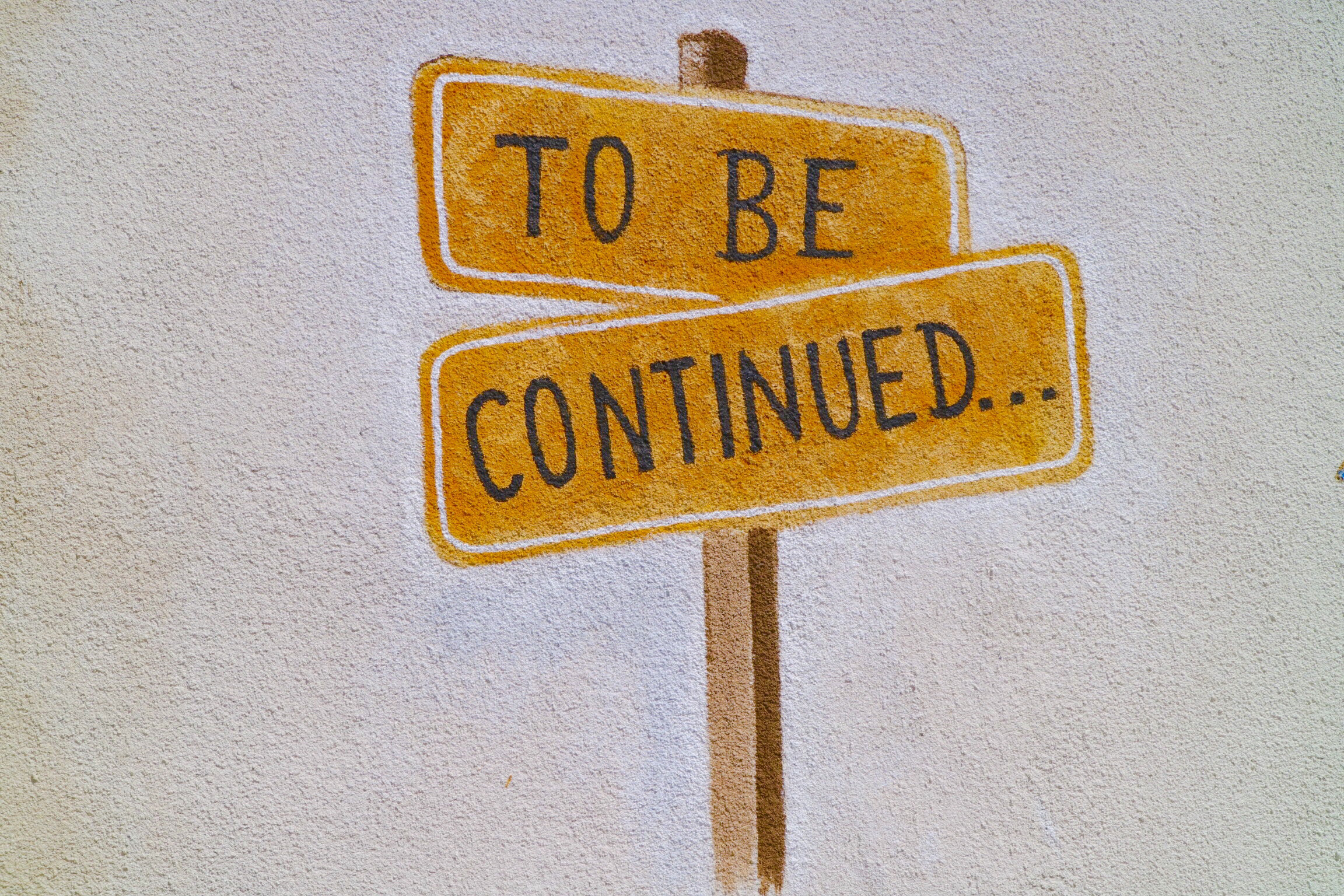Doing Biographical Research in Challenging Times
by Marta Eichsteller
Dr. Eichsteller is Assistant Professor of Sociology at University College Dublin. She is the co-author of the new book, Biographical Research Methods. Purchase this excellent book from SAGE with the code MSPACEQ422 for a 20% discount, valid until the 31st of December.
As the world around us becomes more complex, social researchers face several challenges affecting their research practice. How do we capture new phenomena? How do we calibrate our research tools to capture the right thing on the right level? Where do we find the data and how do we present our analysis? In this new and turbulent world, research methods are constantly being developed and adapted by those who use them in practice. Finding new solutions to emerging research problems is a big part of methodological innovations. This is also the case in the field of biographical narrative research methods.
Many people associate biographical methods with historical figures and stuffy archives. These days, however, biographical researchers gather and analyse all sorts of life stories - from famous to ordinary people, from influential leaders to those who are oppressed, from historical to contemporary figures, and from face-to-face to digital individuals. Moreover, this data comes in different formats. In interviews, audio-visual narratives with photographs, audio and video material, analysis of social media accounts, and autobiographies are being increasingly combined with various sets of mixed methods designs of both qualitative and quantitative nature. Those exciting innovations and cross-methods collaborations carry fascinating potential for social inquiry. At the same time, they also open up new avenues for methods development for future generations of researchers.
In my view, biographical narrative research faces three main areas of development that will shape its future:
Firstly, biographical research allows us to understand an individual's life in its broader social context. Every decision in the biography, whether about migration or participation in armed conflict, is an outcome of both individual motivations and social circumstances. Biographical narrative methods are well placed to explore those dynamics, because they do not only focus on what people are saying (the content) but also on how they are telling their stories (the narrative form). They investigate how an individual perceives society, thus giving the researcher a sense of depth and perspective on social worlds. This type of knowledge is invaluable when we explore issues where simple explanations and causation patterns from other methods seem contradictory to what we observe in the field, or in cases where, due to conflict or a humanitarian crisis, usual data gathering techniques cannot adequately reflect the depth and variety of experiences.
The challenge lies, however, in building new convincing and theoretically sound analytical frameworks that skillfully combine content and narrative form analysis. How to outline and explain what we've found out is an aspect of social research where our imagination, interdisciplinarity and innovation can come together to create a new and unique development.
The second area for the development of biographical research concerns where we source biographical data from. We often have our favourites in the more traditional approaches; some of us will choose face-to-face interviews, and others will dive into archives. As the pandemic has highlighted, however, sometimes researchers have to find creative ways to find unusual data sources. One of the most exciting sources of biographical data can be found on various social media platforms, where people deposit and share their biographical experiences in some form. This type of data has its challenges. First, they are fragmented and often outside of the social context. We have no information on the make-up of the sample, apart from some very broad assumptions about social media users. We often lack the analytical tools to deal with the huge amount of data provided by this type of dataset. Short of word searches and sentiment analysis, there is very little we can do when we need to read 10,000 posts or comments. This development area overlaps with network analysis and social data analytics and creates exciting new opportunities.
The final challenge and opportunity for developing biographical methods and their future applications emerges when we consider the question 'Whose story is worth telling?'. There are so many points of view - life stories from different geographical locations, embedded in local and indigenous cultures, colonial / post-colonial / de-colonial contexts. There are stories of those in power and the oppressed, those who are self-reflective enough to write their auto-ethnographies and those who cannot read and write. Although every story is important to me, a researcher's task is to find an appropriate analytical and theoretical frame to make them truly meaningful. To do that requires training and understanding what type of data we are working with as well as knowledge of who our audience is. Developing the methodology in this context is an exercise in social responsibility and social justice.
Our research methods change and evolve as we respond to new challenges in our research practice. New techniques and collaborations with other methods are bringing exciting innovations. We can now see biographical research methods used to investigate a broad range of topics from health, gender and ethnicity, identity, inequalities, poverty and development to environmental issues, conflict, crime and civil society engagement. There are a lot of opportunities for both young and more experienced researchers to bring a new dimension and depth to their projects by incorporating biographical narrative methods.
More Methodspace Posts about Narrative, Diary, and Biographical Research











Learn about qualitative data analysis approaches for narrative and diary research in these open access articles.